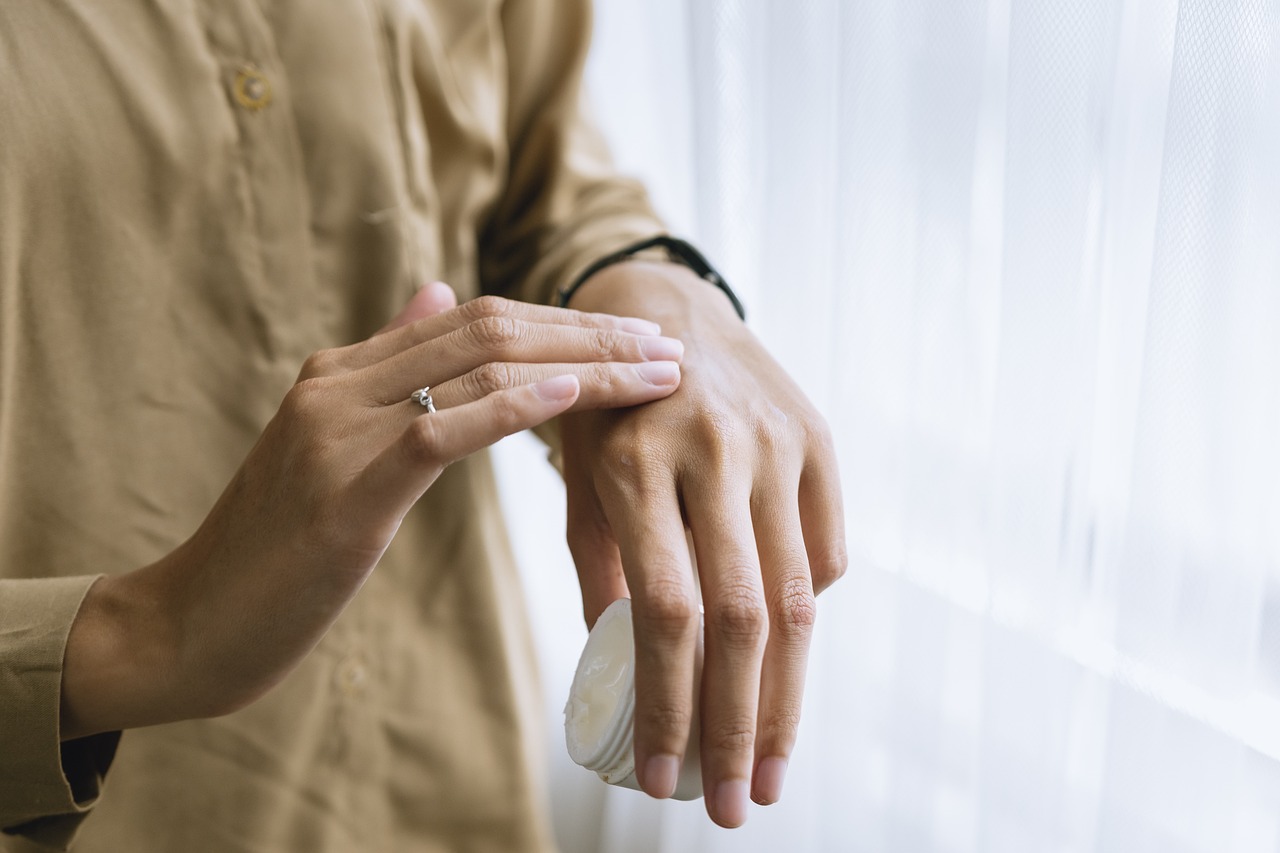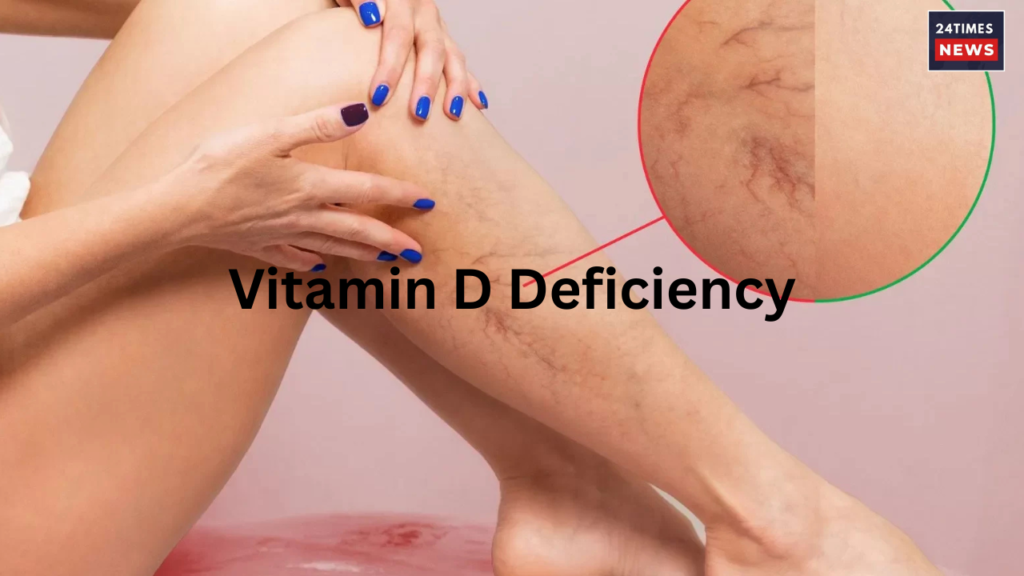Health
Vitamin D, often called the “sunshine vitamin,” plays a vital role in maintaining strong bones, boosting the immune system, and supporting overall health. Unfortunately, many people across the world, especially in urban environments, suffer from Vitamin D deficiency without even realizing it. This deficiency can cause a variety of symptoms, some of which are often mistaken for other health problems.
Let’s explore the common signs and symptoms of Vitamin D deficiency:

1. Frequent Illness or Infections
Vitamin D helps strengthen the immune system. A person who frequently falls sick, especially with colds, flu, or respiratory infections, might have low Vitamin D levels. This vitamin is essential for activating the immune defenses.
2. Tiredness and Fatigue
Chronic fatigue or a constant feeling of tiredness despite proper rest may be linked to low Vitamin D. This fatigue can interfere with daily life and may go unnoticed or misdiagnosed as stress or poor sleep.

3. Bone and Back Pain
Vitamin D helps the body absorb calcium, which is essential for healthy bones. Deficiency can lead to lower bone density, causing bone pain and discomfort in the lower back.
4. Depression and Mood Changes
Some studies suggest that low levels of Vitamin D may be linked to mood disorders, including depression. The vitamin is believed to affect brain chemicals like serotonin, which influence mood.

5. Hair Loss
Severe hair loss can be a sign of many conditions, but in some cases, it has been linked to low Vitamin D levels. Women with hair thinning or shedding may want to get their levels checked.
6. Muscle Pain
Muscle aches and weakness may also be signs of a deficiency. Vitamin D plays a role in muscle function, and its absence can cause muscle cramps or soreness.
7. Slow Wound Healing
If your wounds or cuts are healing slowly, it might be due to low Vitamin D. This vitamin is crucial for new cell growth and repair.
8. Bone Loss or Fractures
In older adults, low Vitamin D increases the risk of osteoporosis and bone fractures. A deficiency can go unnoticed until a minor fall leads to a major break.
Final Thoughts
Vitamin D deficiency is more common than many realize, but the good news is it’s easily treatable. Exposure to sunlight, dietary changes, and supplements can help restore levels. If you’re experiencing any of these symptoms, it’s best to consult a doctor and get your Vitamin D levels tested. Taking care of your body starts with understanding what it needs and Vitamin D is definitely one of those essentials.





